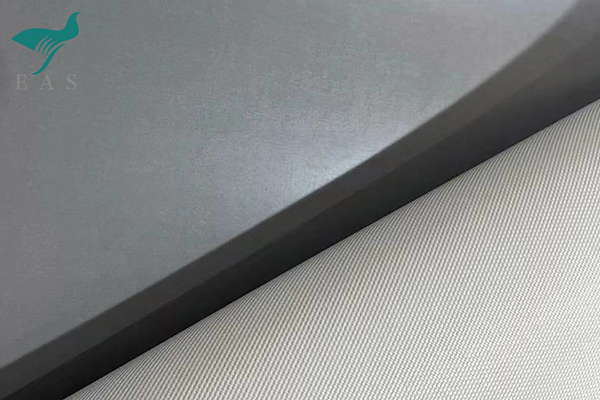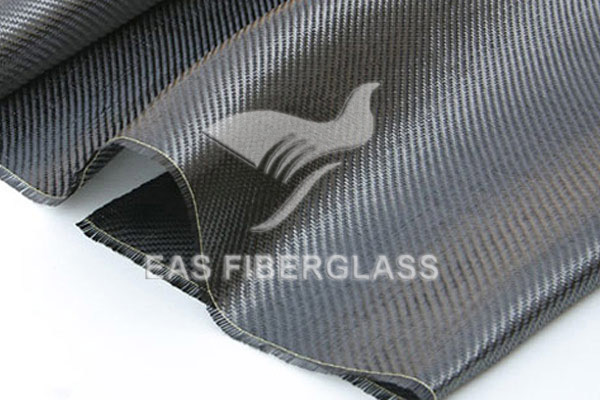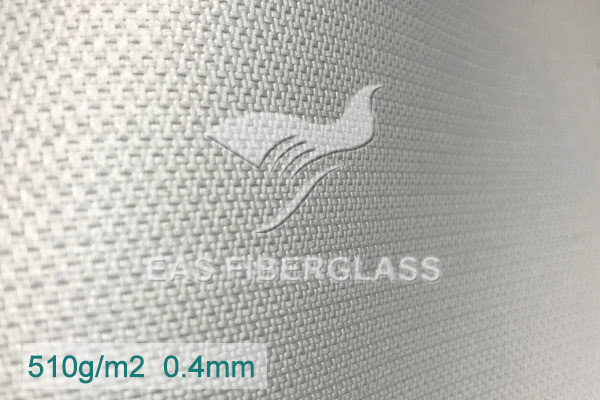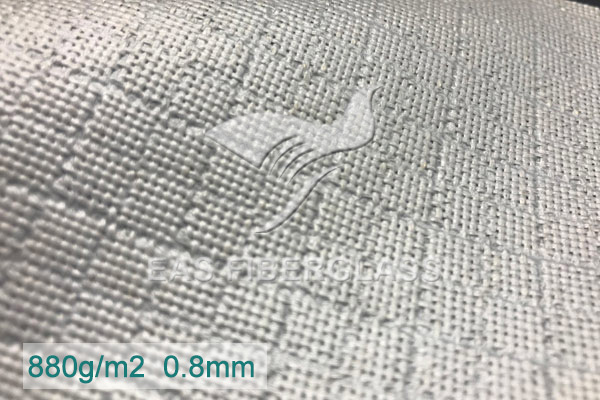What are the 5 Most Common Thermal Insulation Materials in Industry?

Thermal insulation materials play a crucial role in reducing heat transfer during processing and protecting personnel during maintenance. The choice of insulation materials significantly impacts how well a product or environment retains heat or minimizes heat waste. We offer a range of thermal insulation materials tailored to diverse industrial needs. Before exploring our products, it's essential to identify the best thermal insulation materials for your specific environment. Here are five of the most commonly utilized thermal insulation materials.
1. Coated Fabrics
Coated fabrics are at the forefront of thermal insulation technology. Our extensive selection of coatings includes:
- Silicone coatings
- Ceramic coatings
- Refractory coatings
- Intumescent coatings
These coatings enhance fabrics with superior thermal resistance, durability, and versatility. Commonly used in insulation jacketing and blankets, coated fabrics are pivotal in industries requiring robust thermal management solutions. For example, silicone-coated variants offer exceptional heat resistance and flexibility, making them ideal for high-temperature environments.
2. Fiberglass Textiles
Fiberglass textiles are renowned for their thermal insulation capabilities, chemical resistance, and mechanical strength. Our range includes:
- Fabric
- Ropes
- Tapes
- Sleevings
- Needled blankets/mats
These materials are indispensable in applications demanding high temperature resistance and dimensional stability. Fiberglass textiles serve as the backbone for various insulation systems and have an operating temperature range of up to 538°C (1000°F). They provide effective heat management in aerospace, automotive, and industrial manufacturing processes.
3. Silica Textiles
Silica textiles offer superior thermal insulation at extremely high temperatures, up to 1000°C (1832°F). We provide woven fabric, needled blankets, and sleeving, all designed to withstand harsh thermal environments. Their low thermal conductivity and high purity make silica textiles an excellent choice for critical heat-resistant applications in metal and glass manufacturing.
4. Coated Textiles with Silicone, Graphite, and Carbon
Expanding on the versatility of coated fabrics, we offer textiles coated with silicone, graphite, and carbon. These coatings enhance the material’s thermal insulation properties, resistance to chemicals, and durability under extreme conditions. Graphite and carbon coatings, in particular, offer exceptional heat spreading capabilities, making them suitable for high-heat applications in the energy, petrochemical, and environmental industries.
5. Ceramic-Coated Textiles
Ceramic coatings applied to textiles significantly elevate their thermal insulation capacity, allowing them to function in environments with temperatures exceeding 1260°C (2300°F). These materials exhibit remarkable thermal stability and resistance to thermal shock, making them ideal for applications such as:
- Furnace linings
- Welding protection
- Thermal barriers
The ceramic coating also enhances abrasion resistance, extending the material’s lifespan in demanding industrial settings.
Have You Chosen Your Thermal Insulation Materials?
To minimize the impact of heat transfer on industrial processes, it is essential to use thermal insulation materials. These materials help regulate equipment temperatures, standardize internal processes, and reduce the total energy required to maintain specific temperatures—potentially reducing energy usage by 20-30%. Additionally, many thermal insulation materials offer fire resistance.
If you are considering the best thermal insulation materials for your project, browse our extensive range of products. With our expertise, our coated fabrics, textiles, and fabricated systems provide a robust defense against heat and chemical interactions.
Explore our website to discover the thermal insulation materials we offer. Let us help you determine the best materials for your application, enabling you to regulate environmental conditions, conserve energy, and reduce operational costs.
EAS Fiberglass Co., Ltd is a professional fiberglass products supplier and provides comprehensive and effective material industrial solutions covering the market of high-performance FRP, highly effective temperature insulation, and highly convenient construction. Nowadays, EAS owns various product lines of fiberglass yarn forming, woven fabrics, fabric coating/lamination, FRP, etc. The complete product lines enable EAS to master the quality control and products market competitive. Taking this advantage involves us in many projects and enhances brand promotion. Certified ISO9001-2008 equips EAS staff and management with a more professional operation. Certification of test reports for products is made by third-party laboratories SGS, TUV, DNV, etc.



